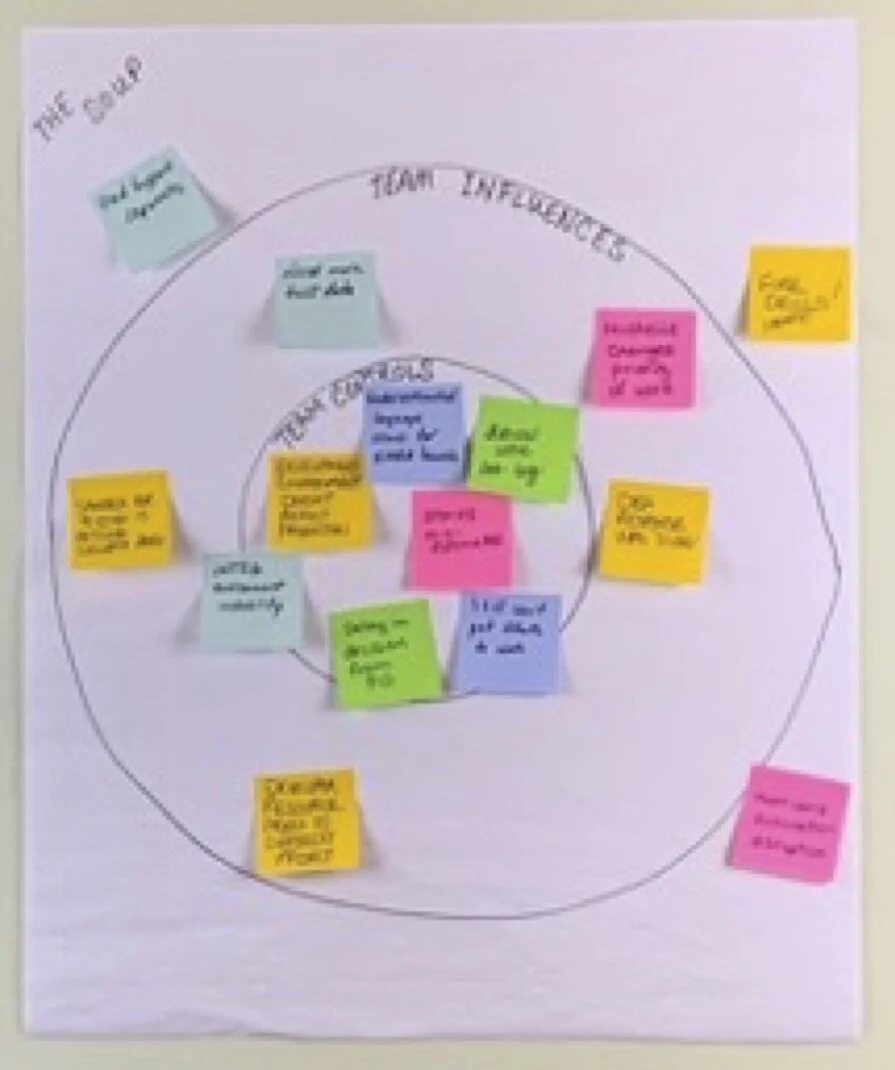Ask the Coach
Agile, Business Analysis, and Project Management Questions Answered by the Uncommon Coaches

Progressive elaboration always comes into play. The more you interact with something, the more thoroughly you understand how it works, and the better you can predict its behavior.
There are 8 pillars to Business Analysis. These pillars are used with the inquiry model to elaborate and elicit the business solution. There is a lot of cross-over between the pillars, but they support a solid business solution.
Part of practical requirements elicitation is less order taking and is more about asking probing questions to understand the business need more effectively. Understanding gives you the ability to analyze the requirements more deeply.
What Are the Differences Between Pie and Tarts? It seems entirely off-topic for an Agile article but stay with us.
Here are high-level steps for how to determine Agile business value. Let’s figure out those metrics and measurements.
It's human nature to avoid difficult tasks. That leads to just doing all the easy stuff first and leaving all the problematic things for last. That sounds like a good plan, but leaving all the hard stuff to last means prioritizing capabilities and features based on your customer needs isn't going to be possible.
Many approaches can be used for demos in Agile. Of course, there is the traditional meeting to walk through the changes, but after a few of these meetings, the team craves a new approach.
We find that the following 3 things are frequently ignored in Agile and in turn makes a team less productive and effective.
A Customer Journey Map is a diagram that shows the journey a customer or persona takes when going through your process with a particular focus on positive and negative points in their experience. A customer empathy map is an excellent technique to use in conjunction with this technique.
We’re making a little jump across the pond. Jen Battan from the Uncommon League will be speaking at the Business Analysis Conference Europe on September 20-23, 2021.
Definition of Ready (DOR) is an essential concept in sprint planning. DOR is the criteria by which the team will accept a card into a sprint.















